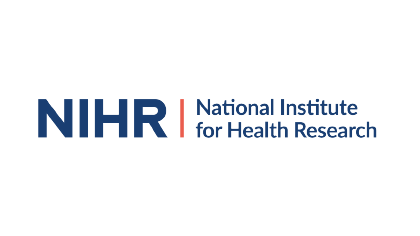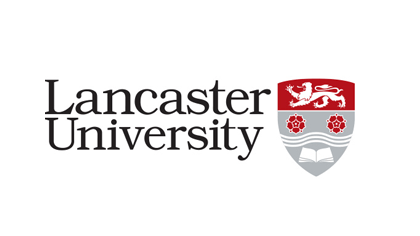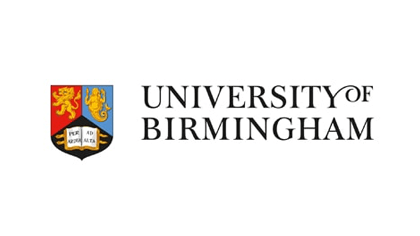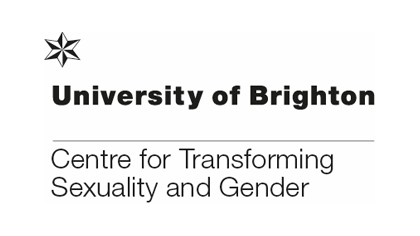What should I know?
All parts of your identity matter and are protected by international standards called rights e.g. rights to freedom of expression, non-discrimination and specific protections for characteristics such as disabilities and ethnicity. You should be supported in understanding and expressing your rights across all of the parts of your identity.
What might help me?
- Groups or services run by and for people who share your identities, all of them!
- Recommendations from friends and people you trust
- Ways to tell the group or service about yourself e.g., are you asked what works for you?
Resources
Queer Futures 2 – Know Your Rights to INTERSECTIONALITY video
Freedom of expression (Article 13)
Non-discrimination (Article 2)
Children and young people who are disabled (Article 23)
Children and young people from minority or indigenous groups (Article 30)
Proud Trust – Faith and Religion
Allsorts – Allsorts of visibility
SAYiT – Spectrum: Autistic and Disabled LGBT+ Young People Speak Out
To listen to what is written on this page, click below
Kai* (young person) said “inclusivity is actively discussed and the intersection between different identities is talked about. They’re accepting of the non gender non orientation parts of my identity too like neurodiverse stuff so its just okay cool I’m not having to downplay anything or not bring things up.”
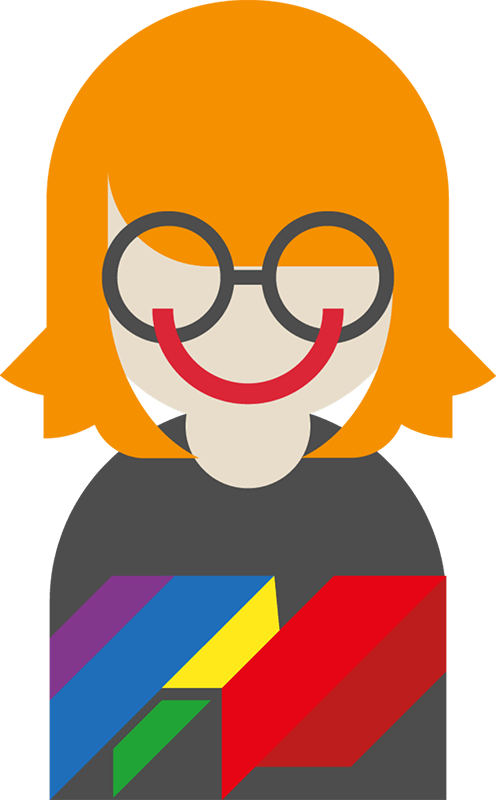
*These quotations use pseudonyms and have been anonymised to protect participant’s identity.
Proudly supported by
